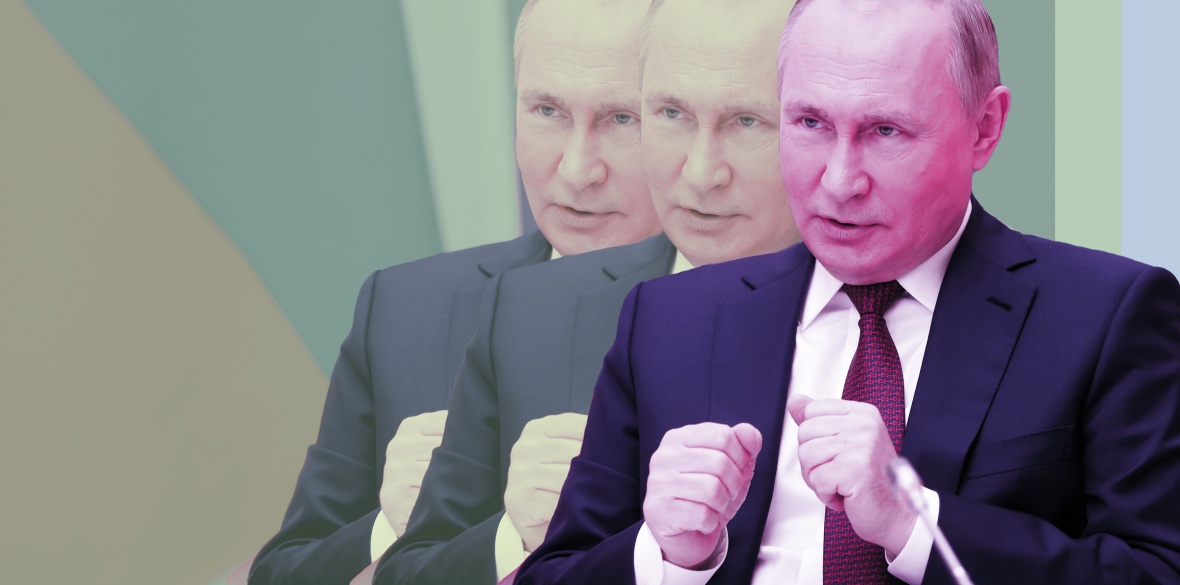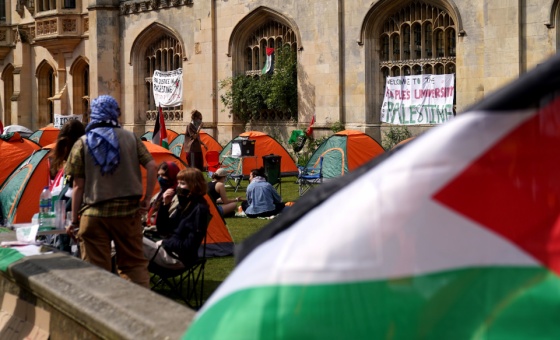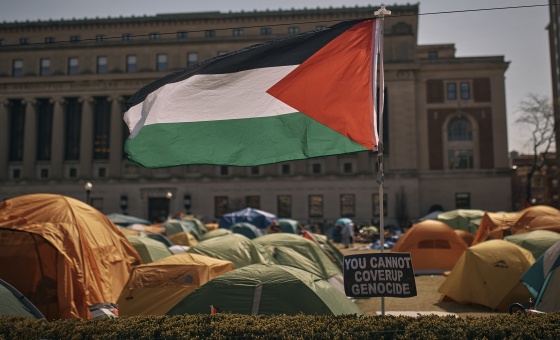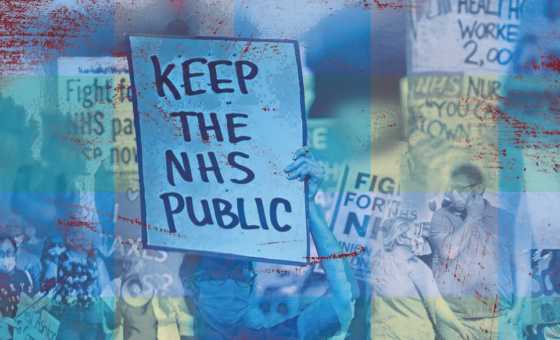This is the last article you can read this month
You can read more article this month
You can read more articles this month
Sorry your limit is up for this month
Reset on:
Please help support the Morning Star by subscribing here
A RECENT comment by Vladimir Putin that he was being cancelled in the same way that JK Rowling claims to be caused much social media comment. Of course neither individual is short of media outlets to carry their often controversial thoughts.
Putin’s main audience for the comment however was not Twitter users in Britain, but a domestic one. Russia under his leadership is hostile to any display of sexuality that is not heterosexual. It is unfortunately very far from the only country to take this approach but Putin was making a comparison with what he sees as a more tolerant Western Europe.
However, the reference to JK Rowling was interesting because it underlined the hypocrisy of Putin’s perspective. He contrasted Russia with a “decadent” West but he and the very wealthy men and women who support him are often to be found as significant players in property, business and Tory politics in London. The current focus on Russian “oligarchs” in Britain, which sometimes verges on Russophobia, reflects the point.
It also raises a troubling issue about Russia’s war on Ukraine. This is not a far-away event of which we know little. Beyond Nato’s activities in eastern Europe, Russian and indeed Ukrainian interests are an important part of the way capital works in western Europe. This was true in the period before the first world war.
Engels spent many years in Victorian Manchester working at the German family firm and moved in the circle of German industrialists and bourgeois in the City. He was a member of the German Club on Oxford Road. The links between German and British capital up to WWI were considerable.
That changed with the war, when Britain became involved in an extended and bloody conflict with Germany. It was war for imperial advantage between rival imperialisms.
At one level, the current hostilities in Ukraine are about that country seeking to protect its existence from Russian aggression. But at another level, the involvement of Nato, controlled by the US suggests another conflict alarmingly similar to that which led to WWI.
US imperialism has been weakened by defeats in Afghanistan and Iraq and is now seeking to reassert its position against a Russia still weakened by the end of the USSR. Many commentators argue that the real concern of the US is the importance of China as a world power and the threat this poses to what had been US hegemony.
Whether one accepts that analysis or not, it is difficult to escape the point that historically the intertwining of imperial rivalries makes a wider — and even a world war — more likely.
Eric Hobsbawm in his book the Age of Extremes wrote of the period between July 28, 1914 when Austria declared war on Serbia and August 14, 1945 when Japan surrendered at the close of World War II as the Age of Catastrophe. It was, he argued, in effect 31 years of world war. He noted that the “short 20th century” from 1914 was one characterised by world war, “even when the guns were silent and the bombs were not exploding.”
Before 1914 there hadn’t been a major war for a century. Likewise, while in 2022 there are many conflicts around the war including Yemen and Palestine, the Ukraine situation with the wider framework of Russia and the US, is the first conflict where potentially numbers of countries might be involved on either side since 1945.
This is not an argument that current events in Ukraine will lead to a world war — although there are plenty of warmongers who salivate at the idea. Rather it’s to suggest that historically the world is in a position where total war could occur again.
Keith Flett is a socialist historian.










